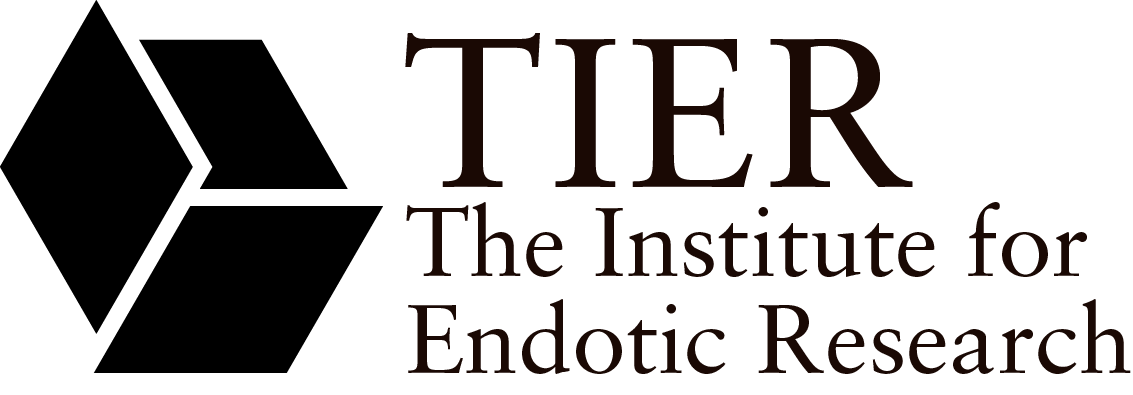 Thursday 15 and Friday 16 June. Anti–hot desk: A fantasy writing workshop for Writers and Non-writers. Ju Bavyka
Thursday 15 and Friday 16 June. Anti–hot desk: A fantasy writing workshop for Writers and Non-writers. Ju Bavyka
Workshop: Ju Bavyka
Title: Anti–hot desk: A fantasy writing workshop for Writers and Non-writers
Dates: June Thursday 15 and Friday 16
Times: 16:00-20:00
In this two-day workshop, we help each other find the writing location of our dreams and engage in healing visual and writing activities that will soothe, satisfy and inspire. Participants are asked to bring a memory of a scene (from a life event, movie, story) or an image to place themselves in a perfect writing location, considering scenery, objects and other environmental factors. We will work with lists as subsets of categories like objects (e.g. piano), room concept (e.g. minimalist), companions (e.g. cat), plants, equipment (notebooks and other tools), environmental factors (breeze, open window), smells (incense), music and books, as well as emotions like anger, joy and pain. Consider: Did you ever listen to ‘90s music to get yourself into a rebellious state of mind for writing? Write from the “underground”, maybe next to Gertrude Stein, or Marina Tsvetaeva, or while waiting in a queue?
There will be scheduled times for imagining, remembering, writing, dreaming and sharing cups of tea. Together we will come to better understand our desires.
Languages: eng, ukr, de, ru, or bring your own. Open to anyone, migrant and queer participants and topics are centered in the workshop.
Ju will also share their recent text “Can we call this home?”, an essay that is currently being developed into a book in English and German. “Can we call this home?” deals with the question of how people with diasporic and queer identities might navigate choice, inheritance and agency in their lives. Drawing on lived experience, Ju’s writing attempts to go beyond conventional storytelling and notions of authenticity to find more complex perspectives.
BIO:
Ju Bavyka is a writer and interdisciplinary artist living in Sydney on the unceded lands of the Gadigal and Wangal peoples. They write, publish, collaborate and exhibit from a queer migrant perspective. Recent published texts include ‘Can we call this home?’, Liminal (2022); ‘What if I die tomorrow?’, Runway (2022); ‘On the floor’, un Magazine (2021); and the self-published poetry collection ‘the moment you realise what you don’t have to be’ (2022). They have cultural ties to Kazakhstan and Germany and are a member of artist- and non-artist-run space Frontyard Projects in Marrickville, Sydney.
RSVP:
https://AuroraVol2JuBavyka.
Event held onsite: Donaustr. 84, 12043 Berlin
********************
Aurora vol. II. A Platform On Social Recipes, Filmmaking and Mutual Aid is a project of The Institute for Endotic Research (Shoufay Derz and Lorenzo Sandoval) in collaboration with Aouefa Amoussouvi with invited guests. It follows on from Aurora. A Platform on Ecology, Interdependence and Mutual Aid, initiated by Aouefa Amoussouvi, Benjamin T. Busch and Lorenzo Sandoval in June 2022.
“Aurora” is an interdisciplinary project that departs from the idea of mutual aid in order to better understand the connections between ecology and interdependence. Aurora, which stands for dawn, is among the most common symbols of hope. The project goes beyond criticism, proposing actionable strategies for imagining better futures. Aurora vol. II. hones in on the connections between methodologies of food culture, filmmaking and storytelling as much-needed tools for reshaping our present and future. It is a platform for our entangled narratives and the creation of commonalities with others across geographical distances and time.
As we move towards climate collapse at an accelerated rate, the practice of collaborative storytelling is a necessary response. Art historian Claire Bishop speaks about how filmmaking recognises the complexity of collaborative work by naming the various workers contributing to the realization of a project. Mutual aid is activated through the art practice of filmmaking both through its inherent organisational structures of production and through its narratives. In an age where screens are virtually ubiquitous, where devices enslave and entrap us in contemporary alienation, we are at the mercy of constant disinformation, emotional modulation and seduction so that capitalism can continue its metabolic absorption.
In this sense, Aurora Vol. II confronts screen culture through a programme of workshops, reading groups and seminars that seek to engender narratives of commonality, collaboration, interdependent working structures, mutual support and empathic spaces that allow us to develop strategies of solidarity. To find effective and sustainable responses, it is necessary to reimagine existing epistemological frameworks with an intersectional and interdependent approach. Presented from March to June 2023, the program prioritises collaborative production, therefore it facilitates the project’s aims of both understanding and practising mutual aid.
These events are free of charge, but registration is essential as spots are limited
If for any reason you cannot attend the event after registration, please cancel your tickets ASAP so that we can fill your place.
The health and safety of our community is our priority. Please do not attend this event if you are feeling unwell.
For the 2-day workshops: We recommend coming on both days. However, if you are only coming on one day, please indicate in your registration if you are only coming on one day and which one (day 1 or day 2).
Aurora vol. II. A Platform on Social Recipes, Filmmaking and Mutual Aid is supported by

